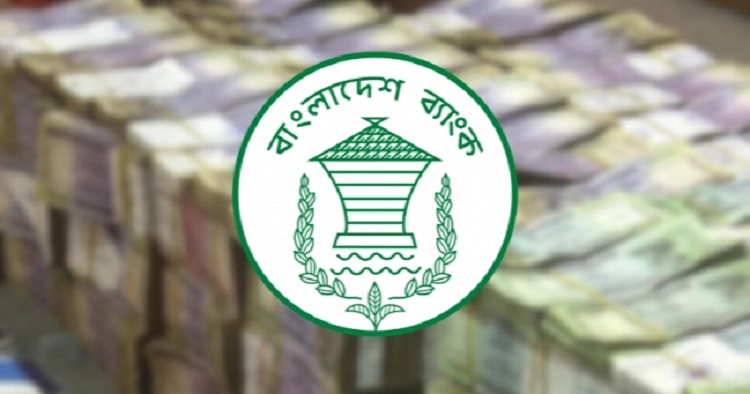Bangladesh sees sharp drop in bank deposits over scams, mergers: Report


Bangladesh’s banking sector is now witnessing a reversal in deposit growth, as total deposits shrink in the wake of widespread corruption and soaring loan defaults in several banks, according to the latest report from the Bangladesh Bank.
The report says the total amount of deposits in the banking sector stood at Tk 20.18 lakh crore at the end of May 2025.
Public anxiety over potential bank mergers and a history of financial irregularities and loan scams have prompted depositors to withdraw funds, causing deposit growth to fall below 9 percent, said banking sector experts.
While this represents an 8.74 percent increase compared to the same period last year, the growth rate has been consistently declining since March, when it was 9.51 percent.
The number of banks experiencing a decline in deposits has also risen, from 11 in March to 16 in May.
The report indicates that public panic spread following the exposure of financial distress in several banks after a government change on August 5, 2024.
This led to increased pressure for deposit withdrawals. Although central bank liquidity support somewhat stabilised the situation, renewed uncertainty surrounding mergers of some banks.
The situation has been exacerbated by discussions surrounding the potential mergers of several banks, including EXIM Bank, Social Islami Bank, First Security Islami Bank, Global Islami Bank and Union Bank, along with fears of their true financial conditions being revealed.
Other banks have also experienced increased pressure for deposit withdrawals.
The Eid season typically sees an increase in cash circulation, but this year it reached a record high. Before Eid-ul-Azha on June 5, 2025, the amount of cash in circulation was Tk3.39 lakh crore, the highest in the country's history. This compares to Tk3.17 lakh crore in May and Tk 3.25 lakh crore before Eid-ul-Azha last year.
The managing director of a private bank, who preferred to remain anonymous, told UNB, "If merger or liquidation decisions are not made quickly and clearly, public confidence will erode. This could create a crisis for the banking sector."
Meanwhile, Bangladesh Bank data shows that the total amount of loans in the banking sector stood at Tk17.19 lakh crore at the end of May, a 7.31 percent increase year-on-year.
This places the loan-to-deposit ratio (ADR) at 81.02 percent, though for some distressed banks, this ratio is significantly higher.
Banks experiencing the most significant deposit declined include Basic Bank, Social Islami Bank, EXIM Bank, ICB Islamic Bank, National Bank, First Security Islami Bank, Global Islami Bank, Bangladesh Commerce Bank, Modhumoti Bank, Union Bank and Community Bank.
Besides, foreign-owned banks such as Alfalah, State Bank of India, Woori, Habib and Standard Chartered Bank have also seen a decrease in deposits.
But, foreign banks typically have lower deposit trends due to their reliance on LC and commission-based business.
Dr Zahid Hussain, a former lead economist for the World Bank's Dhaka office, told UNB that the banking sector is facing a severe crisis of confidence due to a history of irregularities and corruption, large loan disbursements to single groups and a surge in non-performing loans, often fueled by political patronage.
The central bank has already provided approximately Tk 30,000 crore in special loans to troubled banks.
The five banks designated for potential mergers reportedly have a staggering Tk1.47 lakh crore in non-performing loans, accounting for nearly 77 percent of their total loans.
Finance Adviser Dr Salehuddin Ahmed recently said Bangladesh's banking sector requires an estimated US$35 billion for its reconstruction.
He said the International Monetary Fund (IMF) had initially estimated $18 billion, but the current assessment suggests more than double that amount is now needed.
Dr Salehuddin highlighted the severity of the economic crisis, stating that when the new government took office last August, such an economic disaster was unprecedented globally.
He revealed that 80 percent of the funds in the banking sector have been embezzled.
As an example, he explained that if a bank has Tk 20,000 crore in outstanding loans, Tk 16,000 crore of that amount has been siphoned off.
